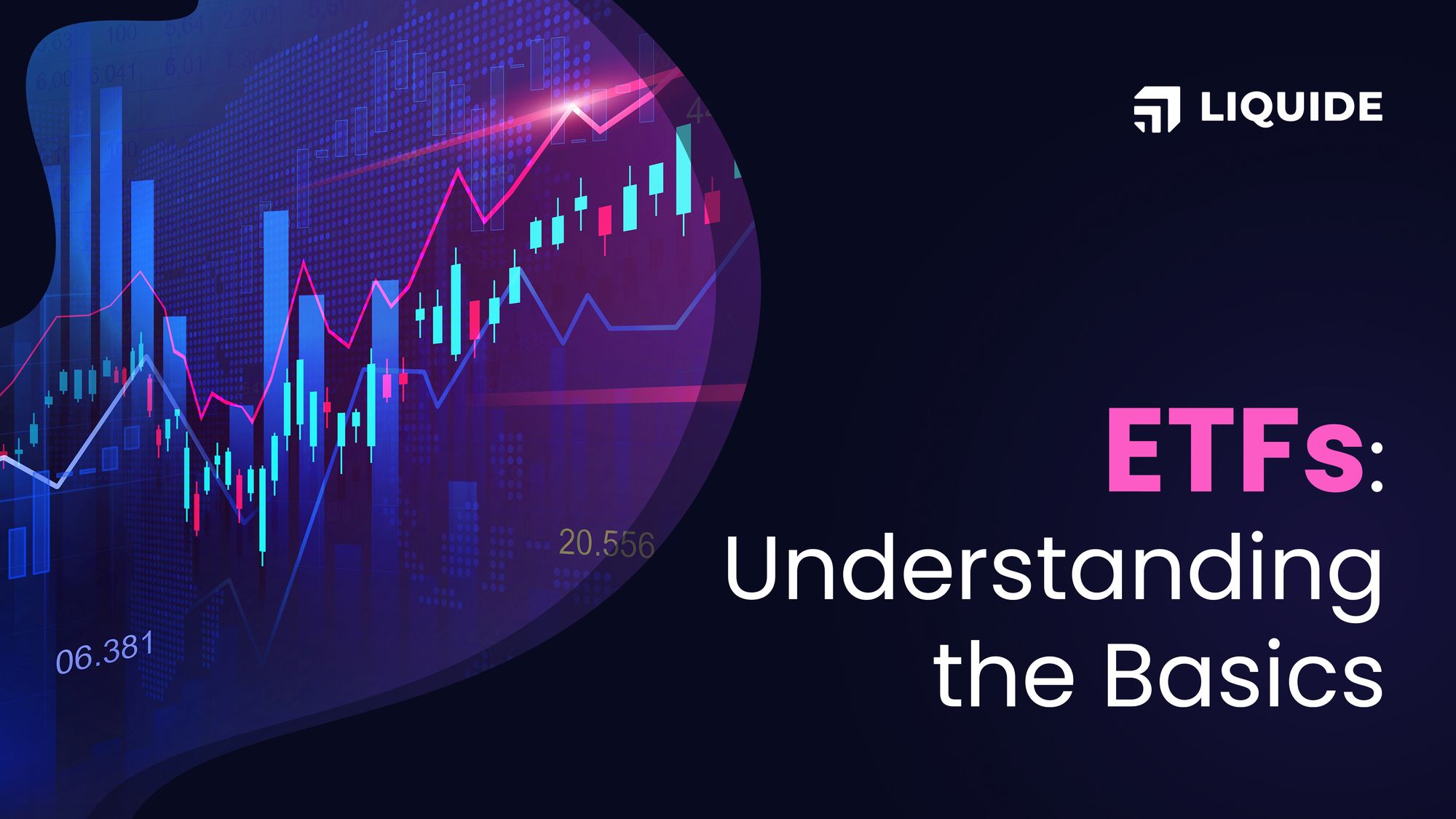ETFs: Understanding the Basics

Introduction:
As an Indian investor, you may have heard about ETFs, but do you know what they are and how they work? In this comprehensive guide, we will provide you with a detailed overview of ETFs and how they can be a valuable addition to your investment portfolio.
What are ETFs?
ETFs, or exchange-traded funds, are investment funds that are traded on an exchange, similar to stocks. These funds typically track a specific market index or sector, such as the Nifty 50 or BSE Sensex, and allow investors to gain exposure to a diversified range of stocks through a single investment.
How do ETFs work?
ETFs pool together money from multiple investors to invest in a range of stocks, similar to mutual funds. However, unlike mutual funds, ETFs are traded on an exchange like stocks. This means that ETF prices fluctuate throughout the day based on supply and demand, whereas mutual funds are priced at the end of each trading day.
Why invest in ETFs?
ETFs offer several benefits to Indian investors:
Diversification: ETFs allow investors to gain exposure to a diverse range of stocks through a single investment, reducing the risk of concentration in any one stock or sector.
Lower costs: ETFs generally have lower fees than mutual funds, making them a cost-effective way to invest.
Liquidity: ETFs can be bought and sold throughout the trading day, making them more liquid than mutual funds.
Transparency: ETFs disclose their holdings on a regular basis, providing investors with greater transparency into what they are investing in.
Tax efficiency: ETFs are generally more tax-efficient than mutual funds due to their structure.
Types of ETFs:
Indian investors have access to several types of ETFs, including:
Index ETFs: These ETFs track a specific index, such as the Nifty 50 or BSE Sensex.
Sector ETFs: These ETFs focus on a particular sector, such as banking or technology.
Bond ETFs: These ETFs invest in fixed-income securities, such as government bonds or corporate bonds.
International ETFs: These ETFs invest in stocks listed on international exchanges, providing exposure to global markets.
Conclusion:
For Indian investors who want to diversify their portfolio and gain exposure to different sectors, ETFs are a fantastic investment option. Compared to mutual funds, they have numerous advantages, such as lower costs, greater liquidity, and tax efficiency. However, as with any investment, it is crucial to conduct thorough research and understand the risks associated with the investment product.
For those who want expert advice on investing, the Liquide App offers real-time analysis and personalized stock recommendations tailored to their risk tolerance and financial goals. Just like an ETF, our ‘Smallcase’ offers investors an easy and cost-effective way to diversify their portfolios and gain exposure to various sectors and themes in the Indian stock market at low costs. The app can be downloaded on Android and iOS devices from the Google Play Store and Apple App Store.

